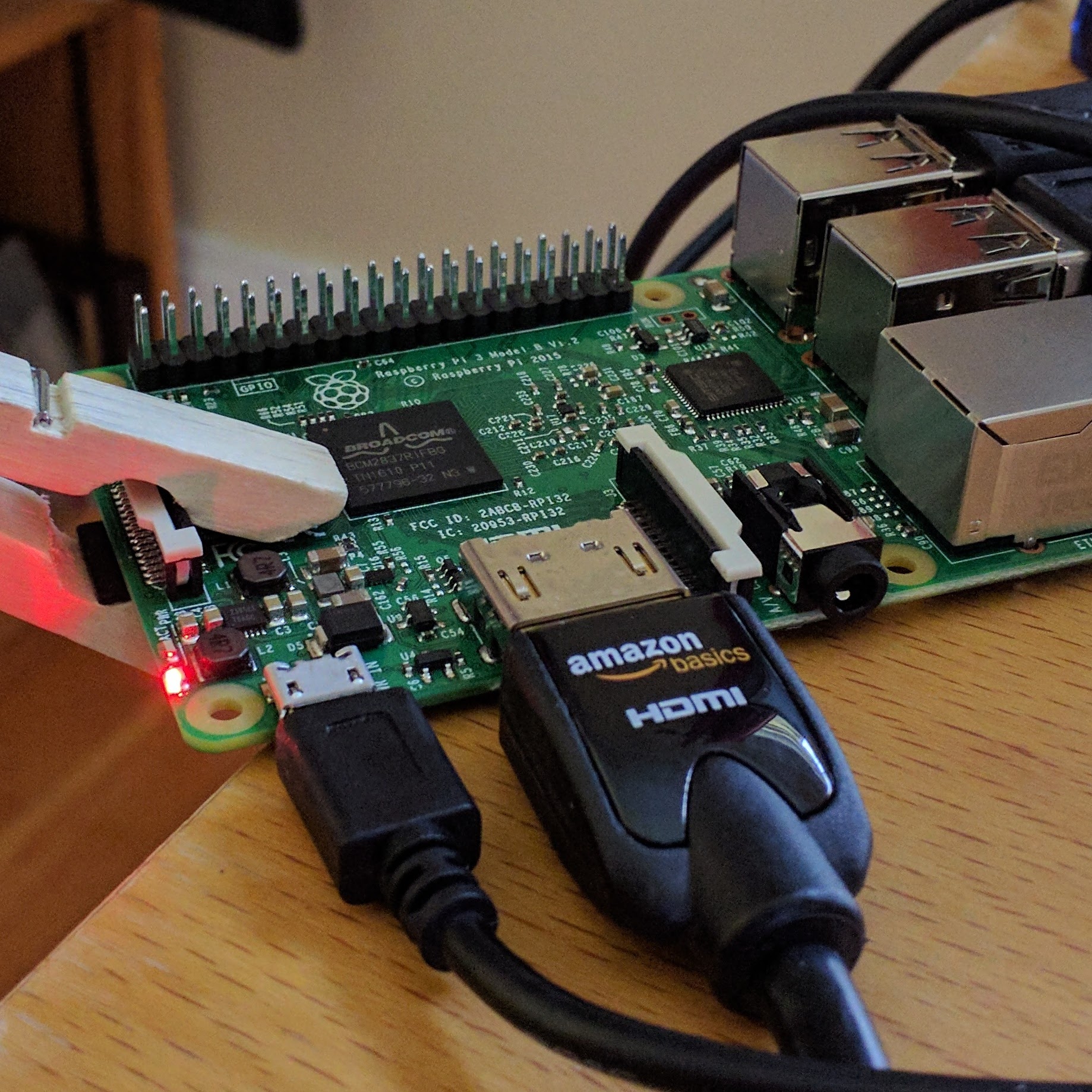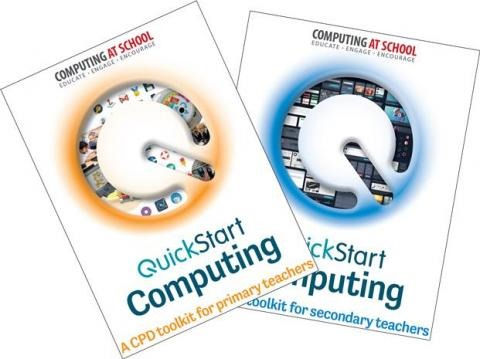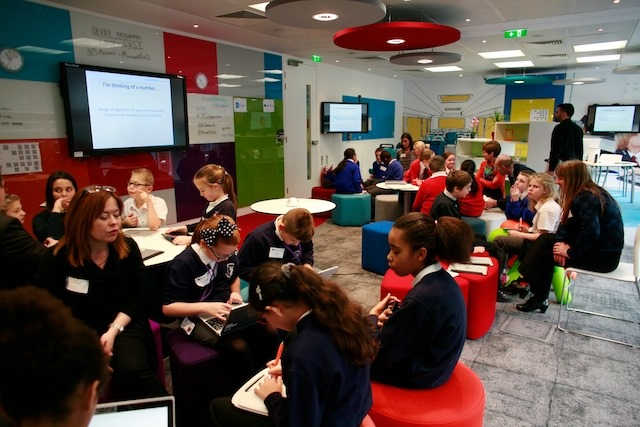 I get asked many times a year about what I now realize are topics including what Dr Leonard Sax MD, PhD calls “Failure to Launch” in his book boys adrift, summarized with “why does my son test so high and yet is so disengaged in school.” A lot of what we are discussing in education and in the world of raising sons today revolves around this topic. From boys adrift:
I get asked many times a year about what I now realize are topics including what Dr Leonard Sax MD, PhD calls “Failure to Launch” in his book boys adrift, summarized with “why does my son test so high and yet is so disengaged in school.” A lot of what we are discussing in education and in the world of raising sons today revolves around this topic. From boys adrift:
Something Scary is Happening with Boys Today
From kindergarten to college, they’re less resilient and less ambitious than they were a mere twenty years ago. Parents, teachers, and mental health professionals are worried about boys. But until now, no one has come up with good reasons for their decline—nor, more important, with workable solutions to reverse this troubling trend. More
Recently I was in a discussion about this problem with boys and what we can and should do in education as a result of seeing the trend and research data. This book, boys adrift, was recommended to me. I found it so compelling this weekend, I did have difficulty putting it down, rereading chapters, and discussing examples of both what the book discusses and anomalies, throughout the weekend. [photos taken by traveling partner who was reading a list of books that are appropriate for MS and HS boys, more on that later].
I am still gathering my thoughts on what I can do as an educator and what constitutes a good day teaching, it may well not be precisely what I used to think. I have a richer answer, more informed at least. I find the book filled in the cracks for me on why specific activities and approaches are successful with boys, especially on a longer term basis: why the activities result in a greater connections.
Raising my own family, and in particular my son, there were a number of decisions that were made that turn out to be particularly prescient along the lines of later research. So one need not know precisely why, simply watch and make a determined effort to raise a young man. I imagine if I had been aware of the research I would have been even more attentive to the risks of not implementing those strategies. They simply made sense for me. In hindsight I sidestepped a great deal of what happens to so many of the young men in my son’s age group. This book such is one of a few books that I would recommend every parent of a son read, at every age, at any age. It takes a lot of that sort of luck, that I had, out of the equation and fills it instead with good practical research into the topic.
 My weekend is drawing to a close and I have already recommended it to someone else. They contacted me back and based on only the reviews on the website and the description of the book, they are getting a copy and have asked for a time to meet and discuss the topic.
My weekend is drawing to a close and I have already recommended it to someone else. They contacted me back and based on only the reviews on the website and the description of the book, they are getting a copy and have asked for a time to meet and discuss the topic.
If you have noticed what Dr Sax includes below, grab the book and give it a read. Under $10 on Amazon. Your son and a greater opportunity to be a man in today’s world make it pocket change.





